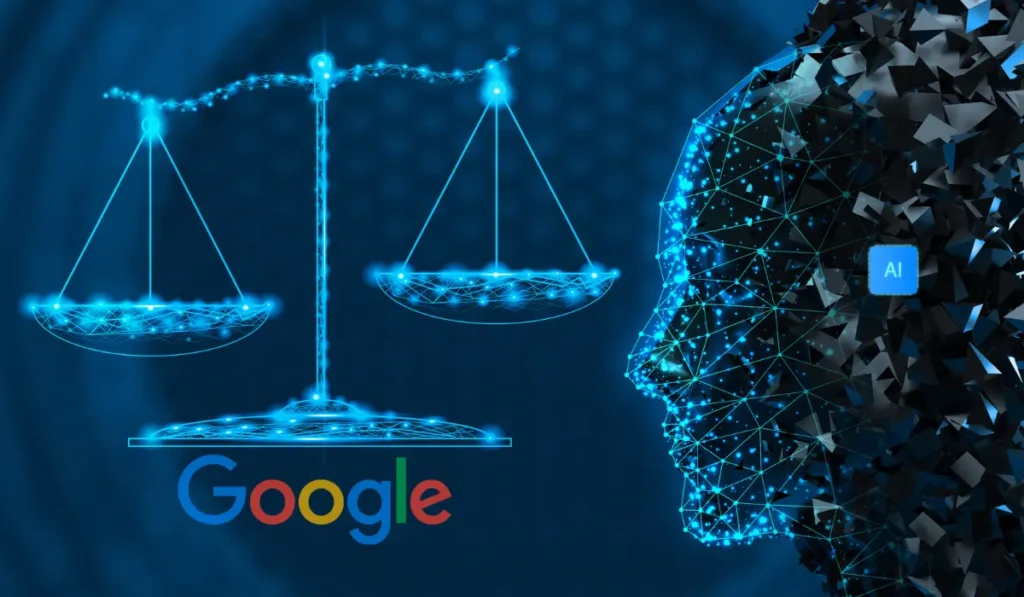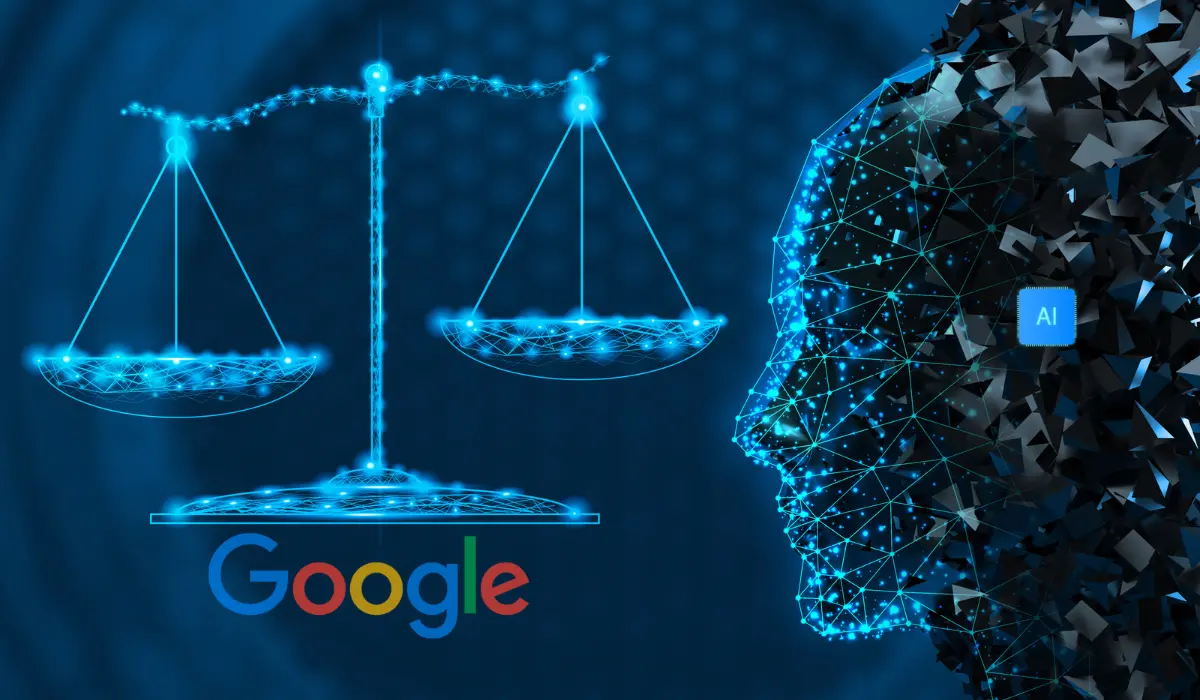
French Competition Authority Imposes €250M Fine
The French competition authority has delivered a significant blow to Google, imposing a €250 million (approximately $270 million) fine for copyright breaches related to news content. This hefty penalty marks a new chapter in the ongoing debate about how tech giants should compensate content creators in the digital age, and throws a spotlight on the murky world of AI training data.
A Broken Promise: Unfair Compensation for News Publishers
At the heart of the French ruling lies Google’s failure to negotiate fair compensation with French news outlets for displaying their content on its platforms. This issue has been simmering for years in Europe, with countries like Spain and Germany enacting “neighboring rights” laws that require tech platforms to pay for news aggregation. France has been a leading voice in this movement, and in 2022, Google entered into an agreement with the French Competition Authority (Autorité de la Concurrence) to negotiate payment terms with news organizations within three months of a copyright complaint.
However, French regulators found that Google failed to uphold this agreement. They accused the tech giant of not negotiating in “good faith” with news publishers, leading to an unsatisfactory outcome for content creators. This lack of fair compensation is a major concern for the news industry. News organizations invest significant resources in investigative journalism and content creation, yet tech platforms often capture a large portion of the advertising revenue generated from this content. The French ruling highlights the economic disparity between these two sectors, where news outlets struggle financially while tech giants reap significant profits.
AI Training & Copyright Clash : Raises Questions About Training Data

The French decision goes beyond the well-trodden path of news aggregation copyright. It delves into the relatively unexplored territory of how copyrighted content is used to train AI systems. The regulators found that Google used French news content to train its AI systems, including large language models Bard now Gemini. These models are essentially complex algorithms that learn from massive amounts of text data, allowing them to generate text, translate languages, and answer questions in a human-like way.
The crux of the issue lies in whether Google obtained proper permissions from the news outlets before using their content for AI training. The French ruling suggests that such permission was not granted, raising questions about the ethical implications of using copyrighted material to train AI systems. This case sets a precedent for stricter enforcement and could potentially influence how tech companies acquire and utilize data for AI development in the future.
Implications and Responses
The French fine against Google is likely to have significant ramifications for the tech industry and the news media. It serves as a stark reminder to tech giants that they cannot operate with impunity in the digital copyright landscape. News organizations may view this ruling as a victory, potentially emboldening them to pursue stricter compensation models in other jurisdictions.
However, the question of how AI training data should be ethically sourced remains an open one. The French case highlights the need for a clearer legal framework governing the use of copyrighted material for AI development. Striking a balance between fostering technological innovation and protecting intellectual property rights is critical.
Google has yet to publicly comment on the fine. It remains to be seen how the tech giant will respond. Will Google revise its negotiation strategies with news publishers? Will it implement stricter procedures for acquiring data used in AI training? The answers to these questions will not only impact Google’s operations but also set a precedent for the broader tech industry.
Beyond France: A Global Debate
The French decision resonates beyond national borders. It contributes to a growing global debate about copyright in the digital age. Governments around the world are grappling with how to balance the interests of content creators, tech platforms, and consumers.
The European Union’s “Digital Services Act” and “Digital Markets Act” are prime examples of legislative efforts aimed at fostering a fairer digital marketplace. The United States, too, is witnessing ongoing discussions about copyright reform in the digital age.
The French ruling against Google serves as a catalyst for these broader conversations. It compels generative ai models like ChatGPT or Gemini to re-evaluate how content is generated and distributed in the digital space, and how these ai models can ensure that content creators are adequately compensated for their work, even in the age of advanced AI.
This case is just the beginning of a complex and evolving conversation. As technology continues to advance, so too must these legal frameworks to ensure a balanced and sustainable digital ecosystem.
Learn the Latest in Tech & AI: Get comprehensive breakdowns of today’s top headlines at The Dogmatic.
The Dogmatic


